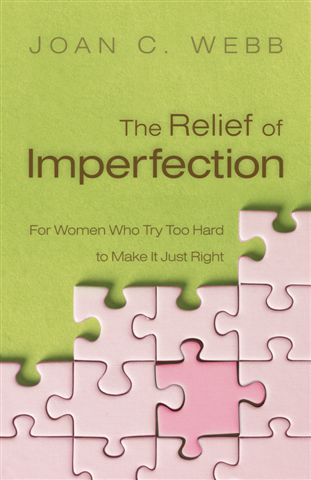A Scriptural Attitude Adjustment
In this Attitude UPGRADE, Liz Cowen Furman, a speaker, author and artist who also runs a motel in Wyoming, tells how she changed her whole outlook on life by doing two simple things.
“I wanted—no, I needed—a serious attitude upgrade," Liz said, “But I didn’t know how to make it  happen.”
happen.”
Do you identify with her words, like I (Dawn) do? Have you ever needed a change of attitude but couldn’t summon the wisdom to make it happen?
Liz continues . . .
I used to read the Bible dutifully.
But our pastor suggested that, instead of making a bunch of New Year’s resolutions—as good as they might be—we consider a new approach.
He said “Get yourself a blank journal and start reading your Bible in Psalms. Read it with an eye for something that speaks to you. Then jot that verse in your journal and write a few lines about how it affects you or ask God to reveal something to you.”
Many times, I would get to the end of a chapter and realize I hadn’t heard a word of it, and would have to reread it.
Since I started this approach, I have fallen in love with the Scriptures. I started in the Psalms but have been through the whole Bible a couple of times now.
Reading the Bible, listening for something that spoke to me, made it feel like a letter written just to me.
Talk about attitude adjustment! A total game changer.
The second thing I did that fostered a new attitude happened quite by accident; except that I had been praying for help in this area, so maybe it was by design.
The members of the Bible Study I teach chose to study One Thousand Gifts by Ann Voscamp. As part of that study we were instructed to write down 1,000 things we are thankful for.
We all thought this exercise would be an easy assignment.
I purchased blank journals for us to write these “easy to identify” blessings, and we began. The first couple hundred came easily, then we really had to start looking to write them down.
We asked ourselves, “What would you miss, if everything you didn’t thank God for was taken away?”
By the time I reached 1,000, I saw a blessing in almost everything in my life.
I have continued the exercise. I write five things a day I am thankful for, and plan to continue until Jesus calls me home. Knowing that I will be logging five every morning keeps me on the lookout for things that I appreciate. And, since whatever we focus on increases, this has been an amazing exercise.
I now see the silver lining in situations I would have thought terrible. I now notice and appreciate the many blessings showered on me daily by a God who loves me (and you) so much! Plus, I have a legacy of thankfulness to leave to my family.
1 Thessalonians 5:18 says:
Give thanks in all circumstances; for this is God’s will for you in Christ Jesus.
If your attitude needs a tweak as we start the New Year, as mine did a few years ago, may I suggest you try these two exercises, pray for help, and then watch what He will do to transform your outlook.
Start now! What are five things you are grateful for today?
 Liz Cowen Furman is an author, artist, encourager, mentor, teacher and speaker. Writing is like the balm of Gilead for Liz. When she is not working on a book, she is writing articles and blogging. She has published three books, is a member of
Liz Cowen Furman is an author, artist, encourager, mentor, teacher and speaker. Writing is like the balm of Gilead for Liz. When she is not working on a book, she is writing articles and blogging. She has published three books, is a member of  AWSA (Advanced Writer Speaker Association) and a graduate of Christian Communicator’s Conference. She has written humor for The Christian Pulse magazine and for AWSA’s Suicide Blog. Liz’s new Bible Study, Trusting God in Everything: A Bible Study for Women Who Wonder If They Can, released May 20, 2015.
AWSA (Advanced Writer Speaker Association) and a graduate of Christian Communicator’s Conference. She has written humor for The Christian Pulse magazine and for AWSA’s Suicide Blog. Liz’s new Bible Study, Trusting God in Everything: A Bible Study for Women Who Wonder If They Can, released May 20, 2015.
 Post a Comment → Posted on
Post a Comment → Posted on  Thursday, January 14, 2016 at 1:15PM
Thursday, January 14, 2016 at 1:15PM  1 Thess. 5:18,
1 Thess. 5:18,  Attitude Adjustment,
Attitude Adjustment,  Attitudes,
Attitudes,  Bible journaling,
Bible journaling,  Gratitude,
Gratitude,  Journaling,
Journaling,  Liz Cowen Furman,
Liz Cowen Furman,  Thankful,
Thankful,  Upgrade with Dawn Upgrade Your Life
Upgrade with Dawn Upgrade Your Life  Attitudes
Attitudes 














